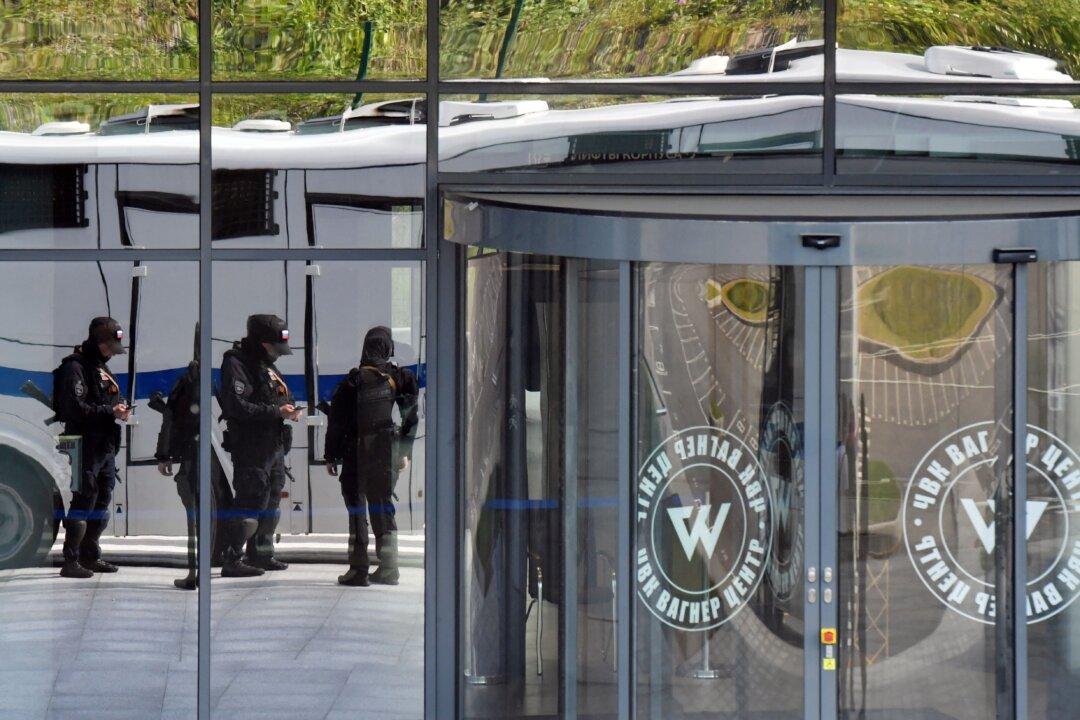Amid recent commotion around a possible coup in Russia by the Wagner private military organization, attention has turned to the shadowy group and its leader, a longtime affiliate of Russian President Vladimir Putin.
After appearing to have launched an armed rebellion to force a change at the helm of Russia’s military, the group’s leader Yevgeny Prigozhin on Saturday announced that Wagner forces would halt their advance on Moscow to avoid bloodshed.





